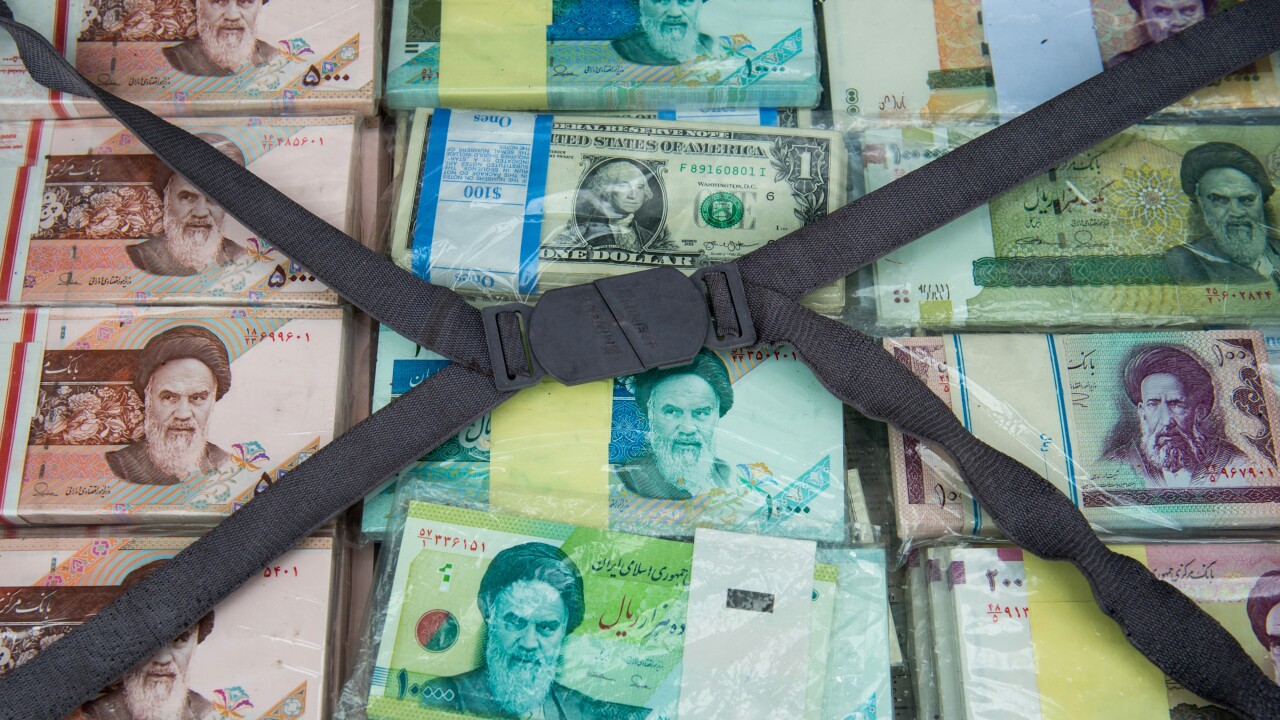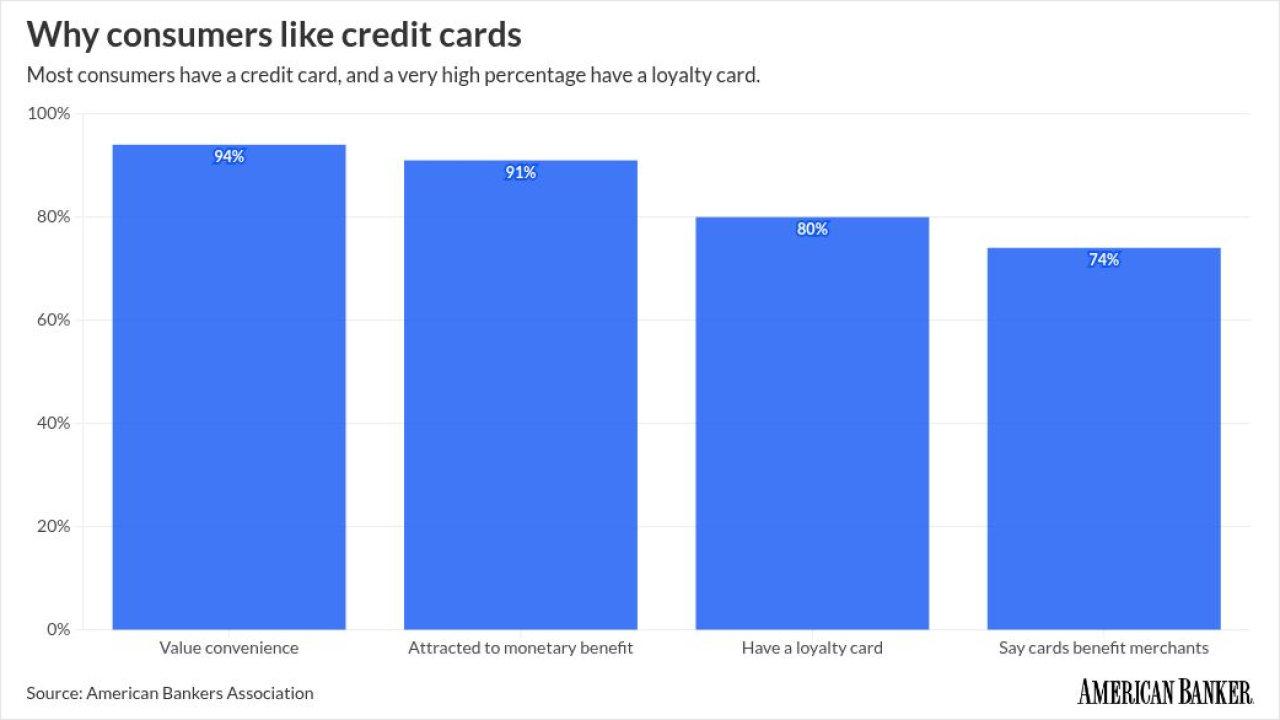Breaking News This Morning ...
Bank deal: CIT announced Tuesday it will
Receiving Wide Coverage ...
August blues
Bank stocks added to their August woes on Monday, falling nearly 2%, making them the worst-performing sector in the S&P 500. The KBW Nasdaq Bank Index is down more than 9% so far this month, nearly three times the 3.3% drop in the S&P 500.
“Falling interest rates, fears of a global economic slowdown and unrest in the Asian financial hub of Hong Kong have conspired to

“For shareholders of U.S. banks, the biggest risk isn’t that America slides into recession next year. Post-crisis rules have ensured that most banks, especially the biggest ones, have the capital to ride out a downturn,” the Financial Times says. “The truly frightening possibility is that medium and long-term interest rates keep falling from here, as they might in a recession — but stay there indefinitely, as the U.S. economy muddles along.”
“The Japanification or Europification of U.S. banks is not the most likely outcome,” the paper adds. “America’s economy is stronger and more dynamic than those across the Atlantic and the Pacific. But neither is it a scenario to be dismissed. Policymakers in Europe and Japan hoped that pressing down on short-term rates would stimulate growth expectations, leading ultimately to higher long-term rates — and healthier banks. It has not happened. Many in the U.S. have the same hopes for Fed rate cuts, and
Many of the 30,000 people who lost investment banking jobs this year may eventually find new positions in the sector, but many more might not. While the recent drop in interest rates “does look cyclical” and “this cycle must eventually turn,” two other factors are likely here to stay, the FT says.
“
He must have missed the ethics class
A 23-year-old “former student-body president at New York University’s Stern School of Business” and newly minted analyst at RBC Capital Markets was charged with criminal insider trading involving a $1.7 billion buyout. The analyst, Bill Tsai, was also sued by the Securities and Exchange Commission.
“Authorities allege that Mr. Tsai earned about $99,000 by purchasing bullish options on Electronics for Imaging Inc. that rose in value after the company announced it would be acquired by a private-equity firm. Mr. Tsai didn’t disclose to RBC the account he used to buy the options, according to the SEC’s complaint.”
Tsai's group at RBC "focused on deals in the technology sector, according to court records," the Wall Street Journal reports. "In March, he worked on a report that listed the potential buyout of EFI by Siris Capital Group, a private-equity manager, the SEC alleged. RBC provided financing to Siris on the deal."
Wall Street Journal
Fed buffer dilemma
Federal Reserve officials is considering imposing a countercyclical capital buffer on large banks as a means to reduce the risk of a credit crunch. The tool, which was approved by the Fed in 2016 but never used, would allow the Fed “to require banks to hold more loss-absorbing capital should the economy show signs of overheating, or to keep less of it during bad economic times. The buffer applies generally to banks with more than $250 billion in assets.”
While using the tool “could
Financial Times
Digital challenge
Digital challenger banks have raised $2.5 billion in 55 deals so far this year, boosting “their
Quotable
“I’ve seen





